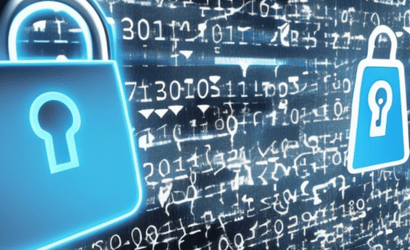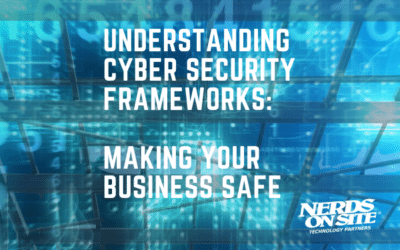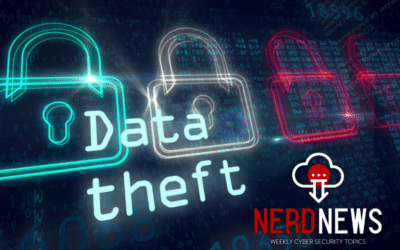It’s no secret that businesses need to prioritize cybersecurity – in our digital era, safeguarding business-critical data is essential in ensuring a competitive edge and protecting your customers’ information. However, working with third parties such as cyber security partners presents risks from a legal standpoint and leakage or misuse of confidential data.
Article Contents
To protect their clients and themselves in these relationships, companies must understand the implications of data sovereignty – which can be confusing at first glance. This article will guide you through the basics of identifying what to look for in cybersecurity partners that ensure maximum protection of your business data.
The Importance of cybersecurity for businesses
Cybersecurity is becoming increasingly important for businesses as hackers become more sophisticated and data breaches increasingly costly. Companies must prioritize protecting customer data, financials, and intellectual property by implementing a comprehensive security strategy that includes user access control, encryption, and strong password policies.
Moreover, companies must ensure that any third party they are working with understands and complies with their data protection and security measures. This is where understanding the laws around data sovereignty can help ensure compliance.
Understanding the legal Implications of data sovereignty for compliance purposes
Data sovereignty is a term used to describe the legal, physical and practical jurisdiction by which your business’s data is stored and processed. Data sovereignty means that a country or region controls the data stored within its borders through laws or regulations applicable to the data that must be followed when it is located within the country or region’s jurisdiction – regardless of where the company is based.
This can create significant challenges for businesses and organizations subject to certain regulatory frameworks, such as GDPR or HIPAA. For example, organizations may need to ensure that any personal data stored outside their borders is compliant with local regulations; if not, they risk violating them and facing the consequences such as hefty fines.
Data sovereignty also becomes an issue when companies transfer customer data across geographies; additional compliance requirements and restrictions may apply depending on where the data is going.
The Implication of sharing data with third parties
If you have systems that monitor your traffic through cloud infrastructure, that data will need to be data sovereignty compliant with your local regulations. This is because the cloud provider or third-party vendor you work with may have different security standards than you have or follow the same laws, leaving your company uncompliant or, worse, your data vulnerable to malicious actors.
It’s important to remember that any party with access to employee or customer data must be subject to the laws and regulations of the country where your business operates; otherwise, it could violate the law.
An example is the European Union organizations and the need to comply with the GDPR and its stringent data protection requirements. Most European vendors choose to only work with organizations that keep data within the EU, as this is their assurance of compliance with local regulations.
What kind of cybersecurity services collect your business data?
When it comes to data sovereignty and compliance issues, the services that can be used to share business data are numerous. Depending on the size of your company, you may use email services, file-sharing solutions, remote access solutions, or other types of cloud-based platforms.
Certain well-known cybersecurity companies that offer DNS-based protection, like firewall solutions, transport your data to off-site servers to do “deep packet inspection.” While this can be beneficial for security purposes, it also sends your data to third-party locations where you have no control, nor do you have any ability to manage who that third-party then shares data with.
It is important to carefully evaluate any third-party service provider before signing a contract. This includes ensuring that the provider has a clear and comprehensive security policy, is compliant with applicable laws and regulations (such as GDPR or HIPAA), and is willing to sign off on these requirements in writing.
Looking for a solution that protects your data sovereignty and your systems?
In 2018, we partnered with Adam Networks, a Secure Access Service Edge (SASE) solution that offers proven protection against phishing and ransomware by securing connections with patented Zero Trust technology.
Adam offers superior protection and does not send your business data through third-party servers, thus protecting Client data sovereignty. Adam’s solution provides a secure connection between businesses and Clients without compromising privacy or data compliance requirements.
Adam Networks is for you if you are looking for a comprehensive solution to protect your company from cyber threats and ensure that your data is protected right at your own business.











